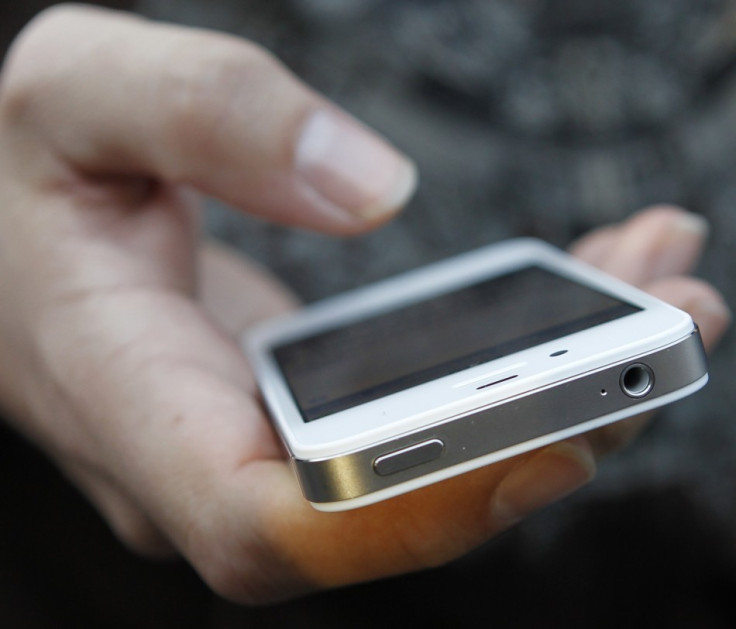Mobile banking to overtake computer transfers in 2015 says BBA

Mobile banking is set to be the most popular form of banking in 2015, the British Bankers Association (BBA) said in a report.
The report stated that more than 14 million people in the UK have downloaded mobile banking apps and 65% of transfers made by Halifax are happening via mobile phones.
Anthony Browne, Chief Executive of the BBA, said in a foreword: "The way we bank is changing – and for the better. All those millions of us who have signed up for mobile banking have done it because we find it easy, fast and convenient."
"However, that does not mean banks can be complacent that all innovation of this kind serves everyone well. That's why banks must strive to make sure that this is not change for change's sake, but new technologies that genuinely improve the lives of those who matter most – the customers."
Mobile transfers are increasingly more popular and in terms of direct payments, the UK is following Scandinavian countries in becoming increasingly more independent of cash. In May, chief executive of Danske Bank's MobilePay division told IBTimes that he expected the rest of the world to follow as well, simply because of how unpractical cash is.
He said: "Just think, if you leave your home without your wallet there are times you don't turn around, but if you forget your phone, you will go back to get it. People cannot live without their phones."
Contactless payments experienced a surge as well, with total spending growing to £2.3bn ($3.57bn, €3.18bn) in 2014, up more than 252.2% from £653m the year before. The surge in contactless transfers was undoubtedly fuelled by the fact that Transport for for London now accepts contactless cards instead of just Oyster cards.
According to research by UK Cards mentioned in the report, contactless payments are also safer than PIN and chip payments. In 2014, fraud on contactless payment cards was only 0.007% of the total amount, compared to 0.075% of chip and PIN transfers.
© Copyright IBTimes 2025. All rights reserved.






















